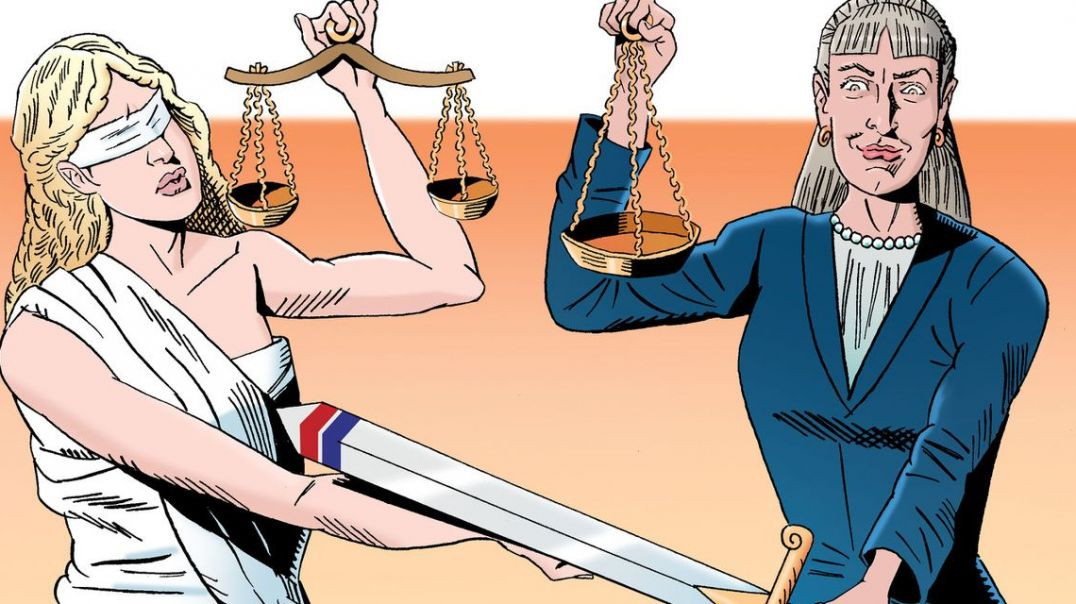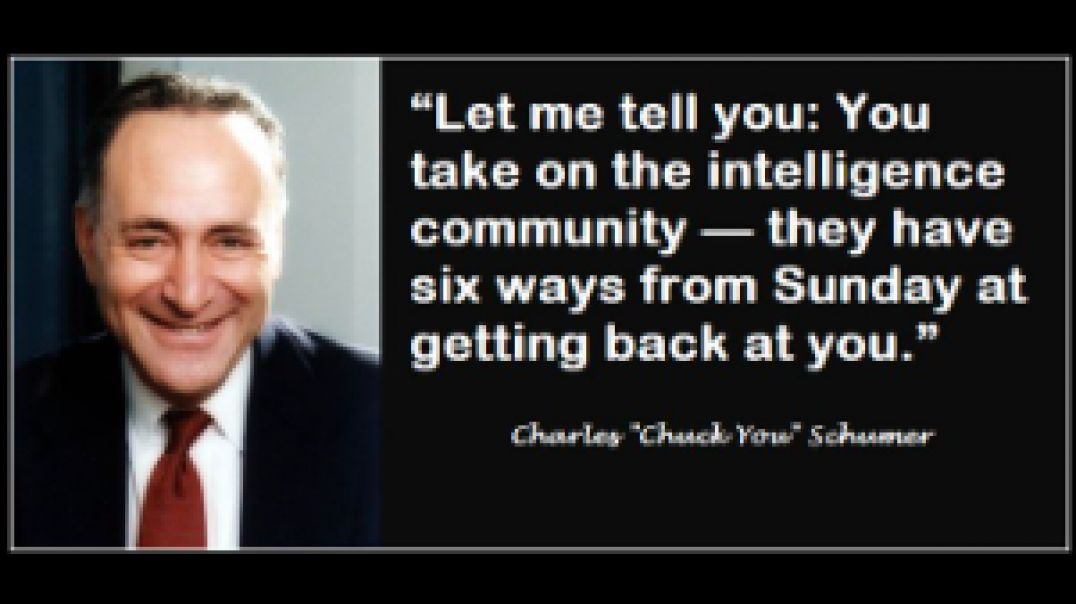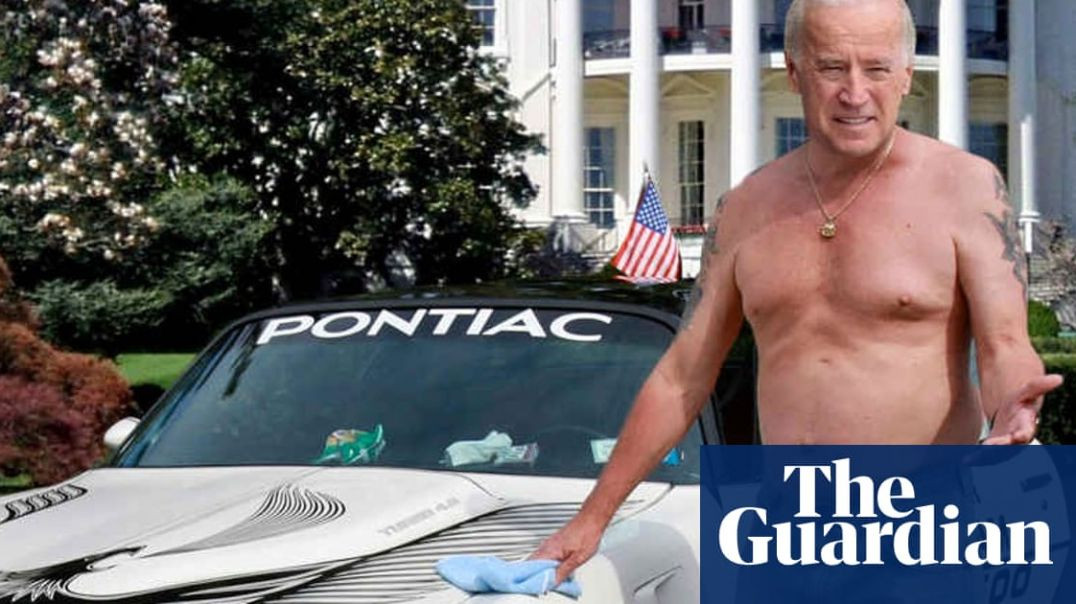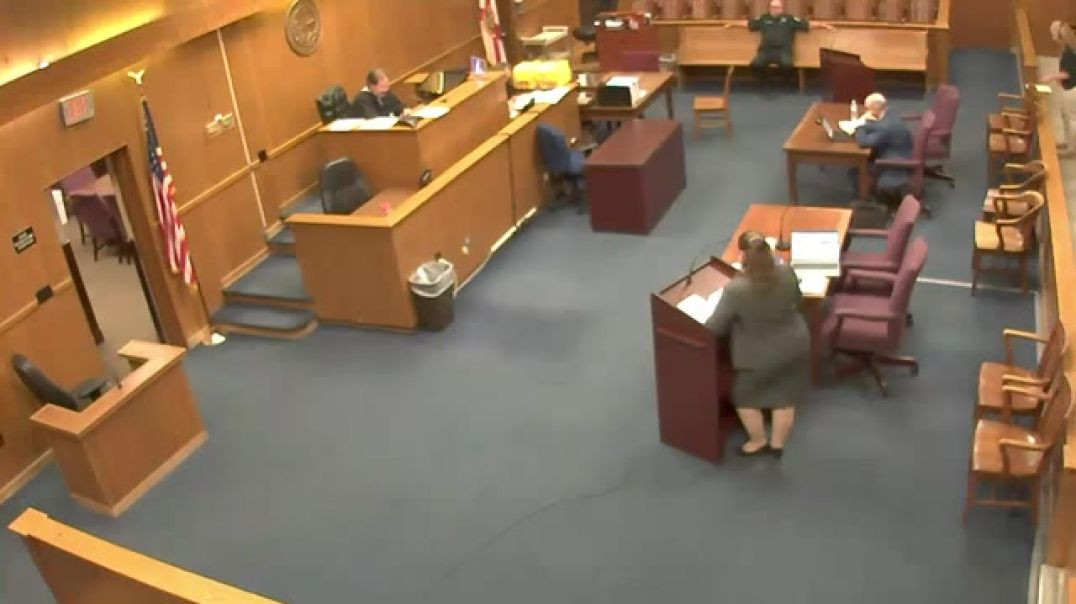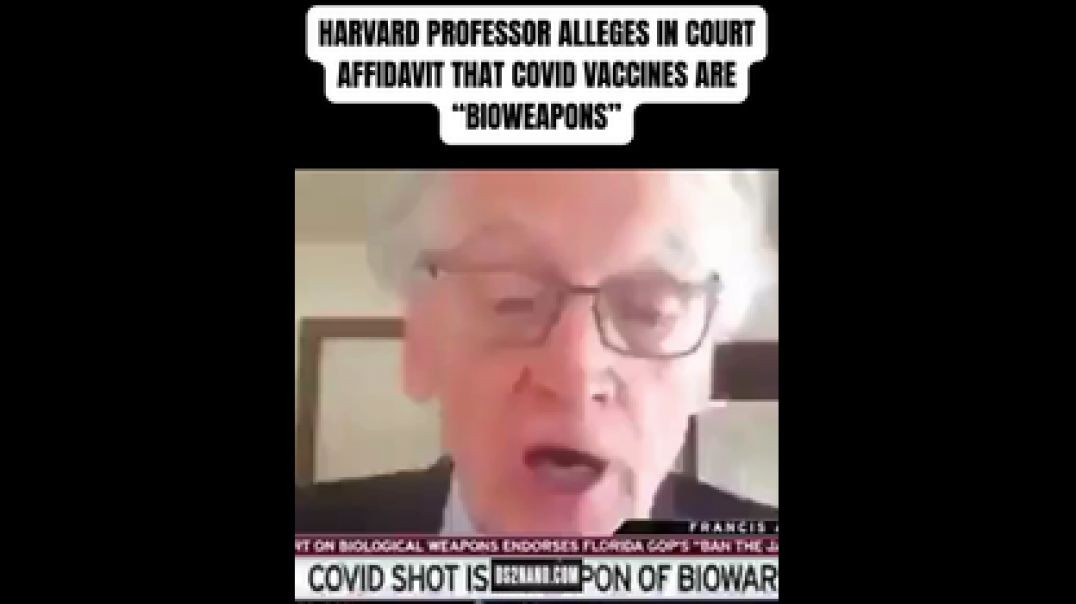Live streaming on Altcast.TV is now available!
CHEVRON DOCTRINE REVERSED 🧑⚖ BY SUPREME COURT
4 fishermen just took down the 4th branch of government and restored the Constitution.
The Lober case. Watch 📺
https://www.nytimes.com/intera....ctive/2024/06/28/us/
https://static01.nyt.com/newsg....raphics/documenttool
Source: https://www.bitchute.com/video/09hqnJdsx7hT
Thumbnail: https://www.scotusblog.com/202....4/06/supreme-court-s
AltCastTV & Odysee thumbnail: https://www.thirdway.org/memo/....what-a-trump-win-wou
This article was updated on June 28 at 3:46 p.m.
In a major ruling, the Supreme Court on Friday cut back sharply on the power of federal agencies to interpret the laws they administer and ruled that courts should rely on their own interpretion of ambiguous laws. The decision will likely have far-reaching effects across the country, from environmental regulation to healthcare costs.
By a vote of 6-3, the justices overruled their landmark 1984 decision in Chevron v. Natural Resources Defense Council, which gave rise to the doctrine known as the Chevron doctrine. Under that doctrine, if Congress has not directly addressed the question at the center of a dispute, a court was required to uphold the agency’s interpretation of the statute as long as it was reasonable. But in a 35-page ruling by Chief Justice John Roberts, the justices rejected that doctrine, calling it “fundamentally misguided.”
Justice Elena Kagan dissented, in an opinion joined by Justices Sonia Sotomayor and Ketanji Brown Jackson. Kagan predicted that Friday’s ruling “will cause a massive shock to the legal system.”
When the Supreme Court first issued its decision in the Chevron case more than 40 years ago, the decision was not necessarily regarded as a particularly consequential one. But in the years since then, it became one of the most important rulings on federal administrative law, cited by federal courts more than 18,000 times.
Although the Chevron decision – which upheld the Reagan-era Environmental Protection Agency’s interpretation of the Clean Air Act that eased regulation of emissions – was generally hailed by conservatives at the time, the ruling eventually became a target for those seeking to curtail the administrative state, who argued that courts, rather than federal agencies, should say what the law means. The justices had rebuffed earlier requests (including by one of the same lawyers who argued one of the cases here) to consider overruling Chevron before they agreed last year to take up a pair of challenges to a rule issued by the National Marine Fisheries Service. The agency had required the herring industry to pay for the costs, estimated at $710 per day, associated with carrying observers on board their vessels to collect data about their catches and monitor for overfishing.
The agency stopped the monitoring in 2023 because of a lack of funding. While the program was in effect, the agency reimbursed fishermen for the costs of the observers.
After two federal courts of appeals rebuffed challenges to the rules, two sets of commercial fishing companies came to the Supreme Court, asking the justices to weigh in.
The justices took up their appeals, agreeing to address only the Chevron question in Relentless v. Department of Commerce and Loper Bright Enterprises v. Raimondo. (Justice Ketanji Brown Jackson dissented in the Relentless case but was recused from the Loper-Bright case, presumably because she had heard oral argument in the case while she was still a judge on the U.S. Court of Appeals for the District of Columbia Circuit.)
Chevron deference, Roberts explained in his opinion for the court on Friday, is inconsistent with the Administrative Procedure Act, a federal law that sets out the procedures that federal agencies must follow as well as instructions for courts to review actions by those agencies. The APA, Roberts noted, directs courts to “decide legal questions by applying their own judgment” and therefore “makes clear that agency interpretations of statutes — like agency interpretations of the Constitution — are not entitled to deference. Under the APA,” Roberts concluded, “it thus remains the responsibility of the court to decide whether the law means what the agency says.”
Read the rest at the thumbnail URL
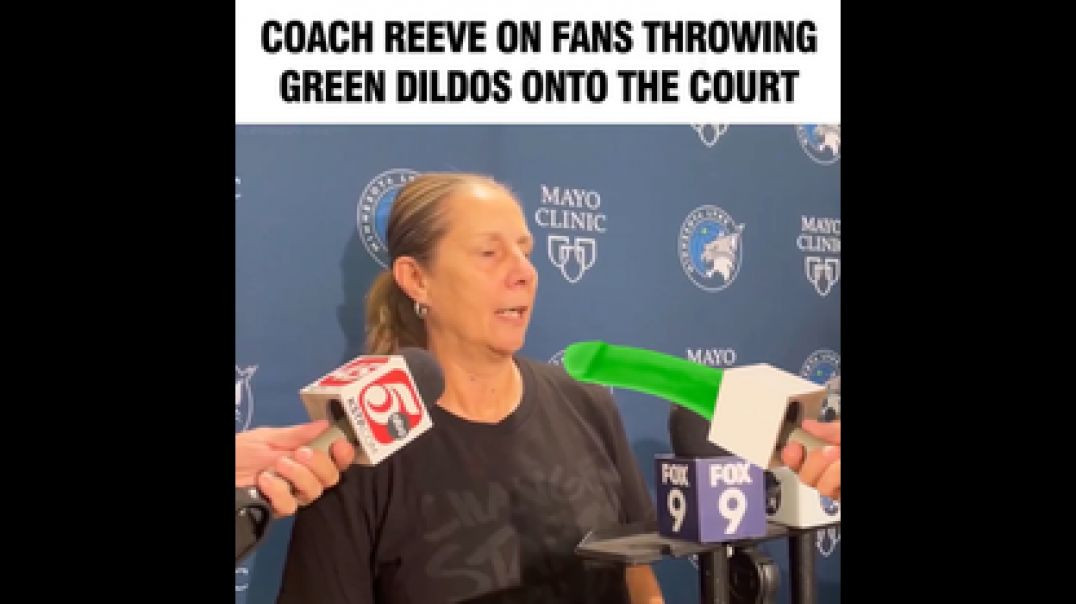



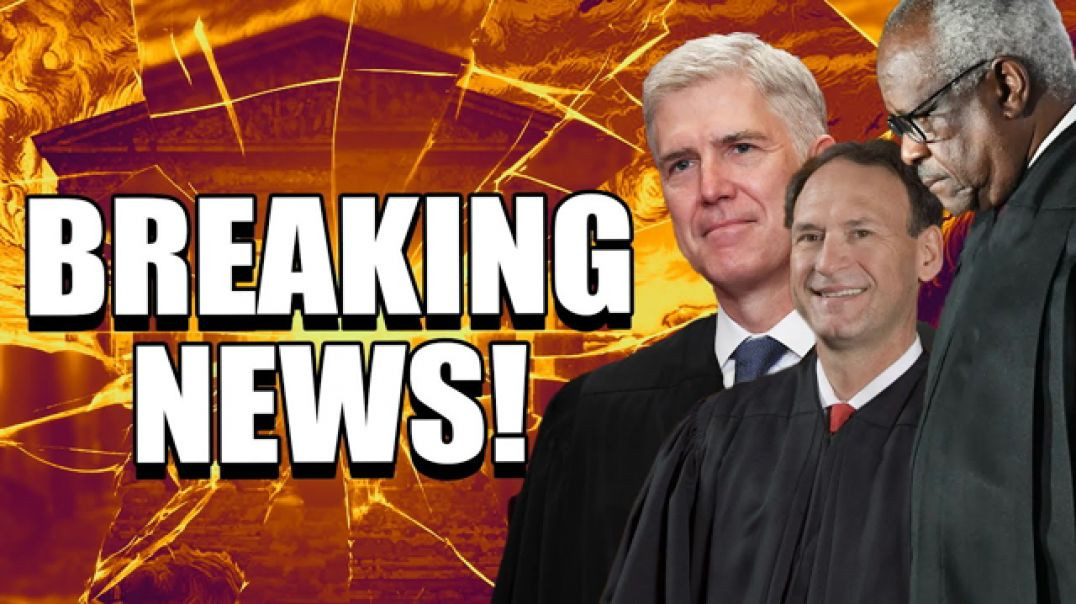
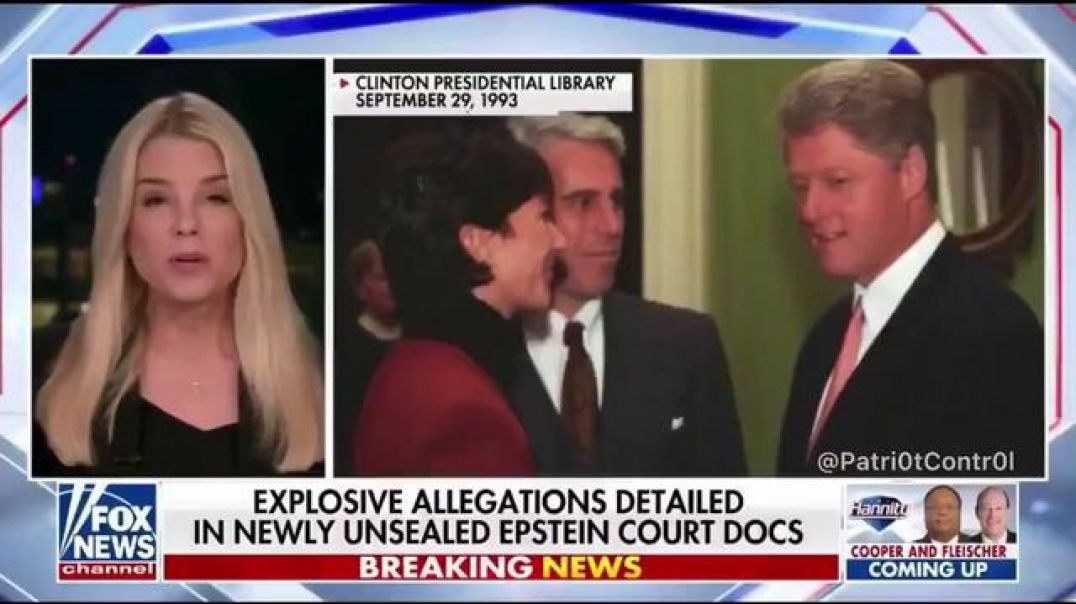

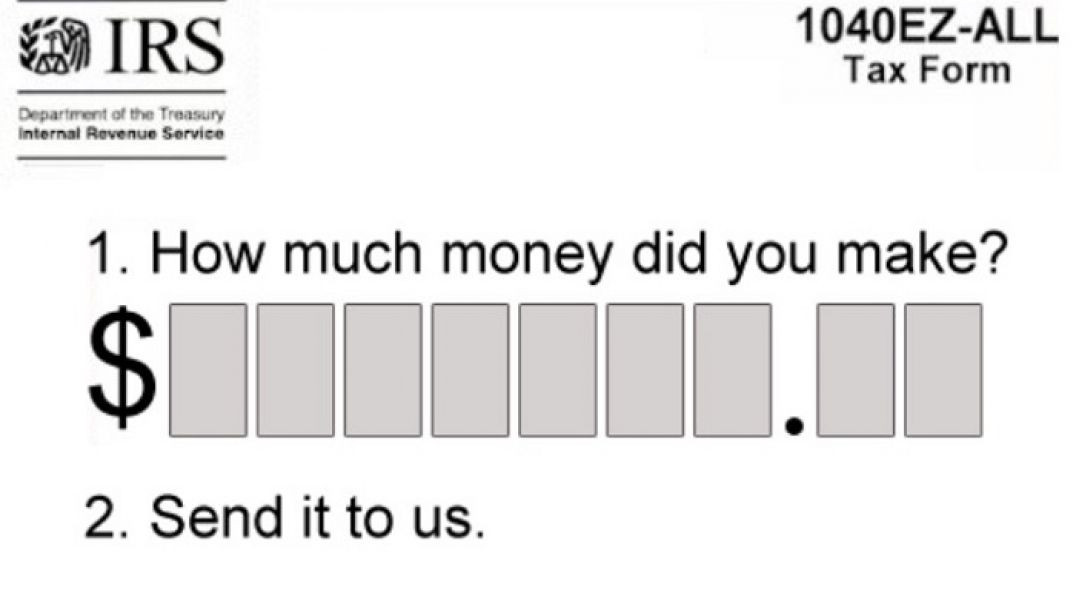
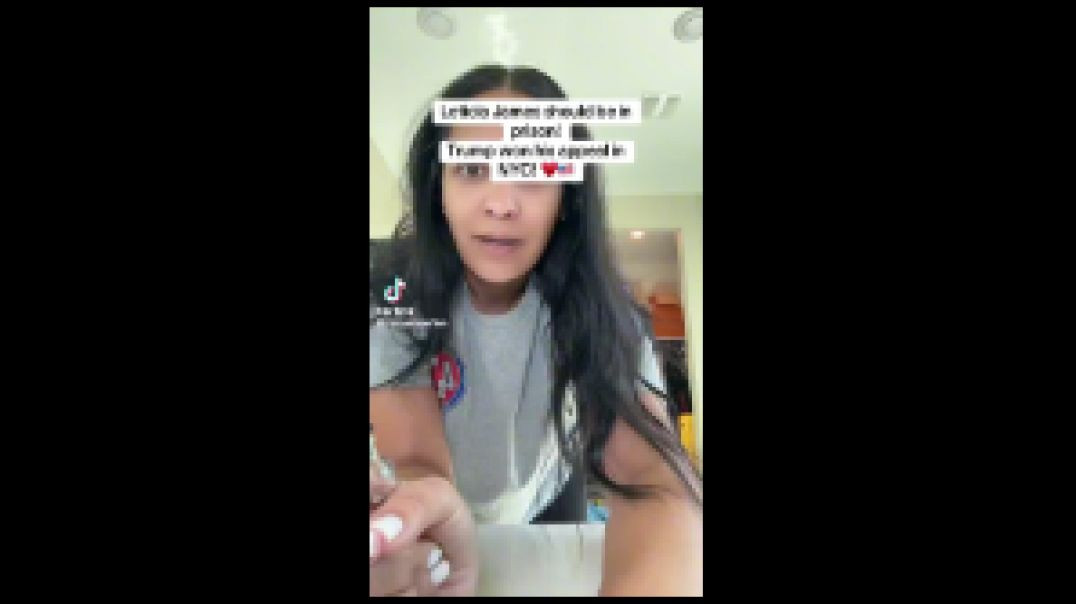
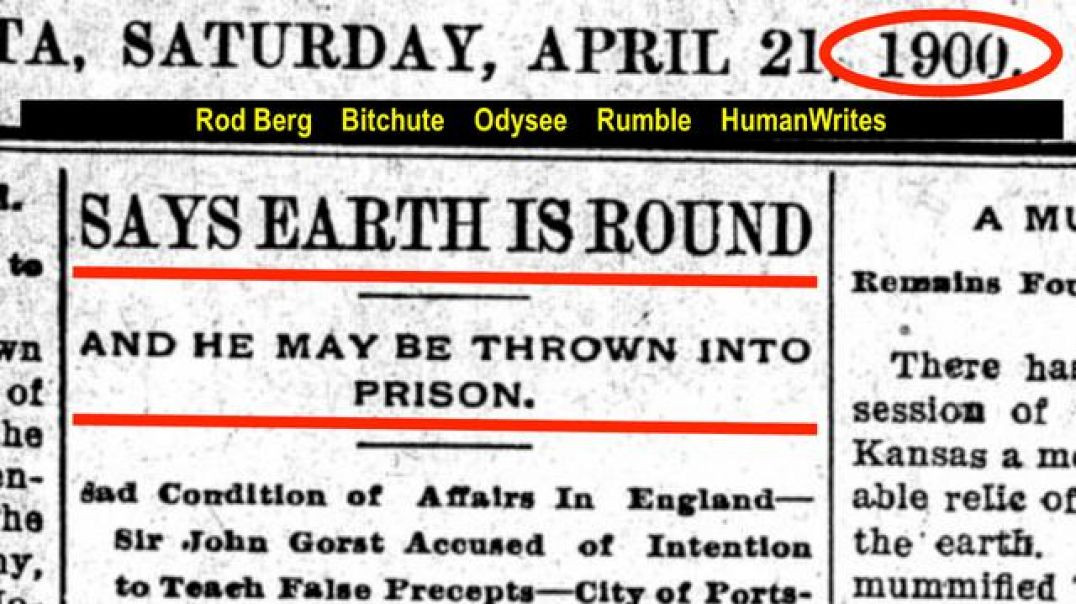
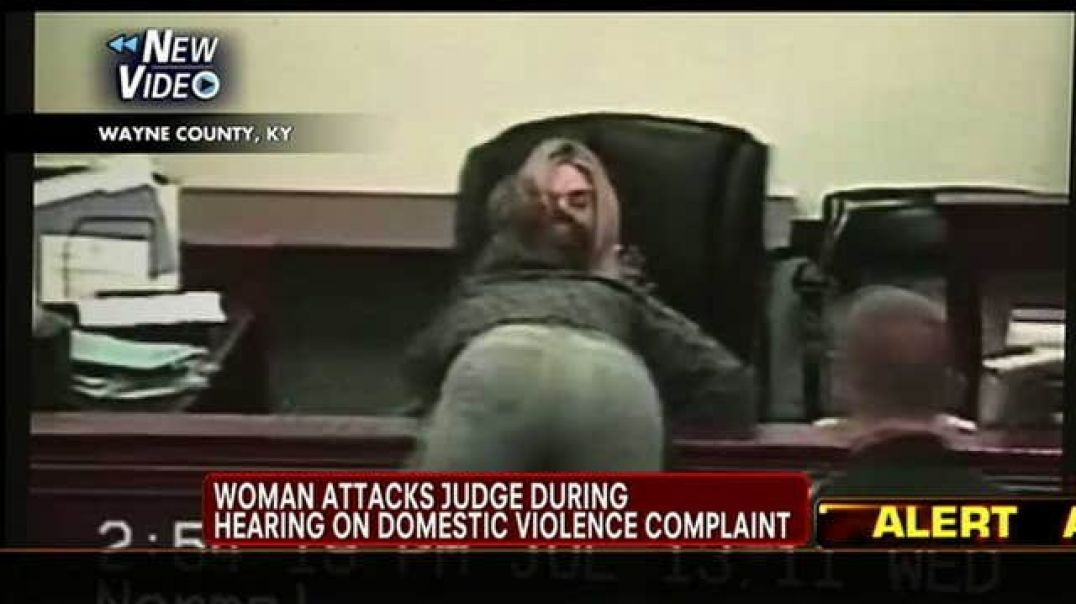
![JACK SMITH WAS APPOINTED ILLEGALLY! ☭ [CHEVRON DEFERENCE KAPUTSKI]](https://s3.us-central-1.wasabisys.com/altcast1/upload/photos/2024/07/k1xnq4uBXeSU3konHFJ4_17_1d7b851a649cbaf76b8589a373110cf4_image.png)
